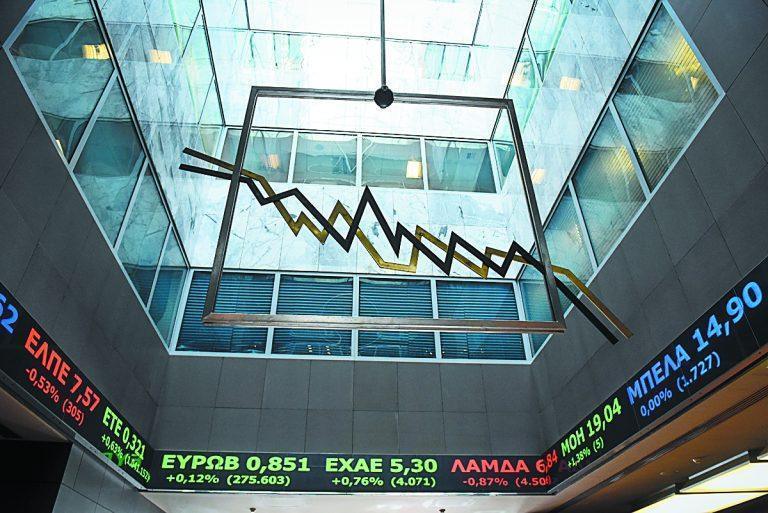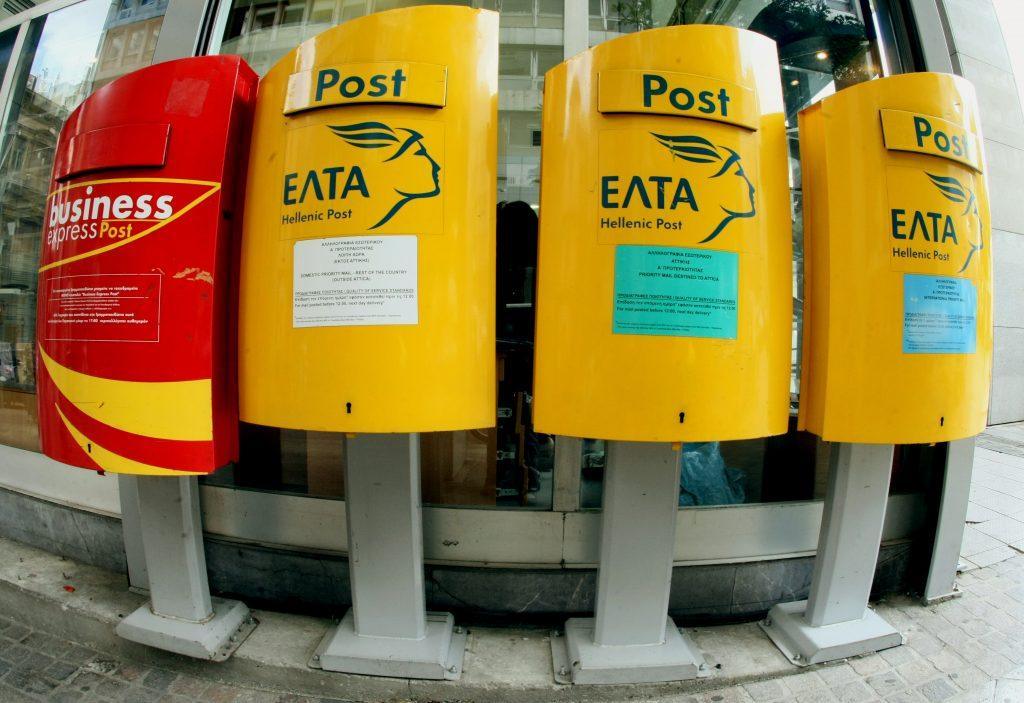The U.S. Securities and Exchange Commission (SEC) is weighing whether to revisit a landmark 2007 decision that has allowed foreign companies listed on American exchanges to file financial statements under International Financial Reporting Standards (IFRS) without reconciling them to U.S. Generally Accepted Accounting Principles (GAAP).
The accommodation, granted nearly two decades ago, was designed to lower costs for foreign private issuers and attract more international listings to U.S. markets. It has since been used by hundreds of companies, particularly from Europe, Canada, and Asia, which prepare their accounts under IFRS as issued by the International Accounting Standards Board (IASB).
But SEC Chair Paul Atkins told the Financial Times that the time may have come to reassess whether the rule still serves U.S. investors and markets. He cited three areas of concern:
First, the funding and governance of the IASB itself. “Stable, independent financing is essential for investor trust,” Atkins said, questioning whether the IFRS Foundation—the body overseeing the IASB—has the independence and resources to maintain credibility.
Second, the growing reach of the IFRS Foundation into environmental, social, and governance (ESG) reporting has raised red flags for the SEC and runs contrary to U.S. politics. The IFRS’s newly created International Sustainability Standards Board (ISSB) has begun issuing disclosure standards aligned with Europe’s Corporate Sustainability Reporting Directive (CSRD). While advocates see this as a natural evolution, Atkins warned it risks diverting focus away from financial accounting and into what he called “political fads.” He noted that the principle of “double materiality” embedded in EU law—requiring companies to disclose not only how sustainability issues affect them financially, but also how they impact society and the environment—differs from the SEC’s own financial materiality standard.
Third, the question of whether foreign companies remain sufficiently distinct from U.S. issuers to justify lighter reporting rules. When the rule was adopted in 2007, reconciling IFRS accounts to GAAP was considered a costly burden that deterred overseas listings. But Atkins suggested the rationale may be outdated, particularly as global markets have converged and U.S. investors increasingly demand comparable disclosures.
The review comes at a politically sensitive moment. European regulators are pressing ahead with mandatory sustainability reporting, while in the U.S., corporate ESG initiatives have become a flashpoint in political debates. Some U.S. business leaders and politicians argue that climate and social disclosures (such as diversity and inclusion) impose excessive costs and amount to policymaking by accounting bodies rather than elected officials. Atkins’s remarks reflect growing skepticism in Washington over whether the IFRS Foundation’s dual role—setting financial reporting and sustainability standards—can remain neutral.
If the SEC were to revoke the IFRS exemption, foreign issuers would once again need to reconcile their IFRS-based accounts with U.S. GAAP, a process that would increase compliance costs and reduce the relative appeal of U.S. listings. Analysts warn this could discourage some foreign companies from entering or remaining in American markets, potentially shifting capital-raising activity to Europe or Asia.
For now, no timetable has been set for a decision. But Atkins made clear that the SEC is actively monitoring IFRS governance and the balance between financial and sustainability reporting. “Investors deserve confidence that accounting standards are set with their interests in mind, not political agendas,” he said.
Source: tovima.com




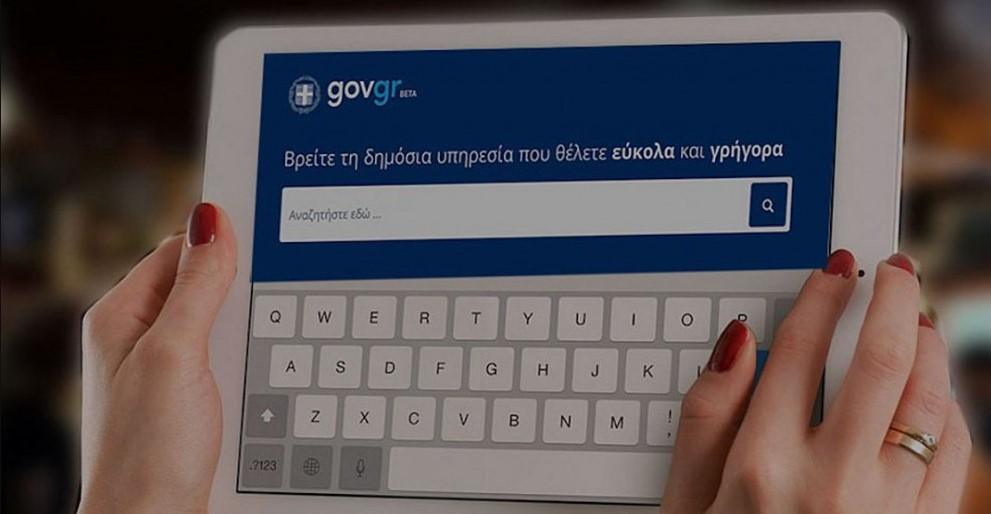







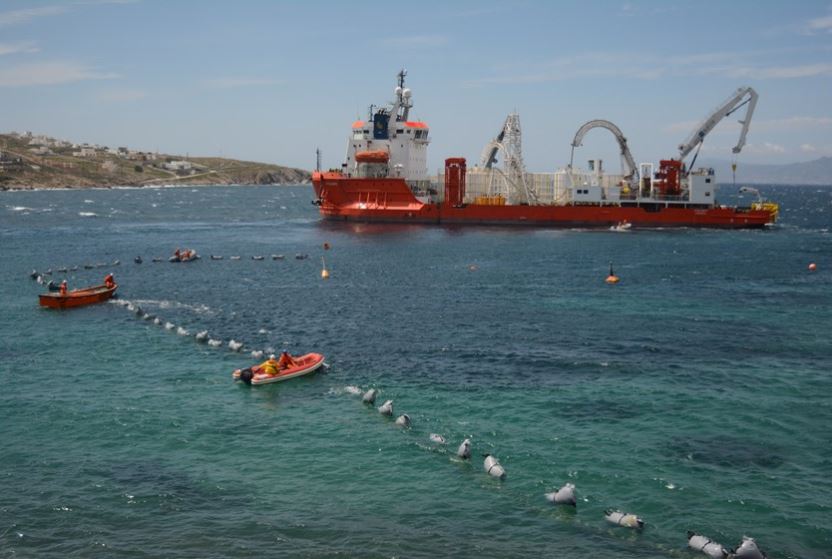


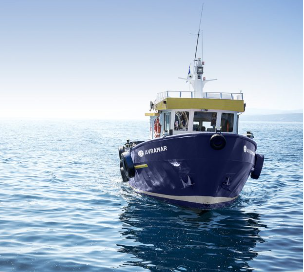

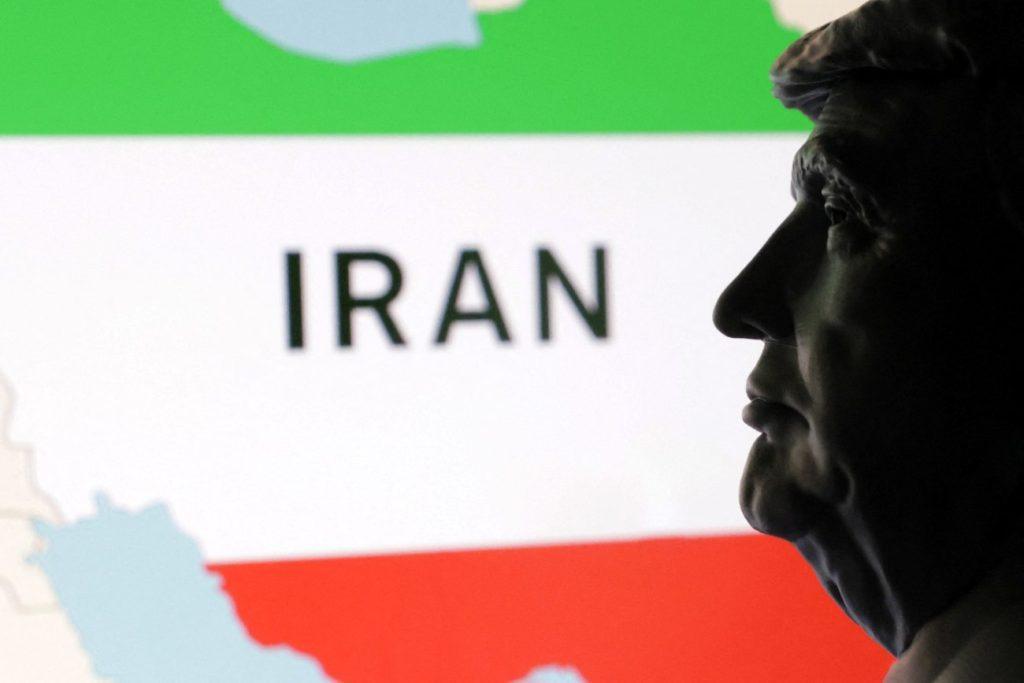
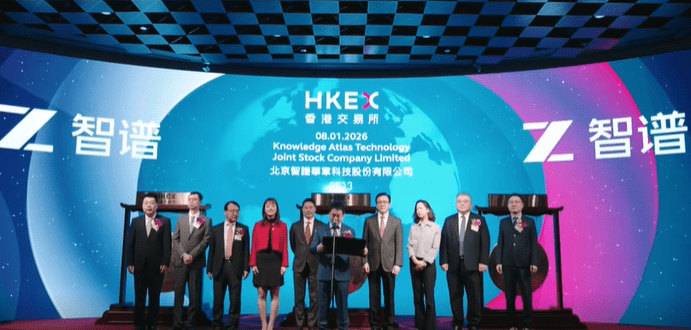
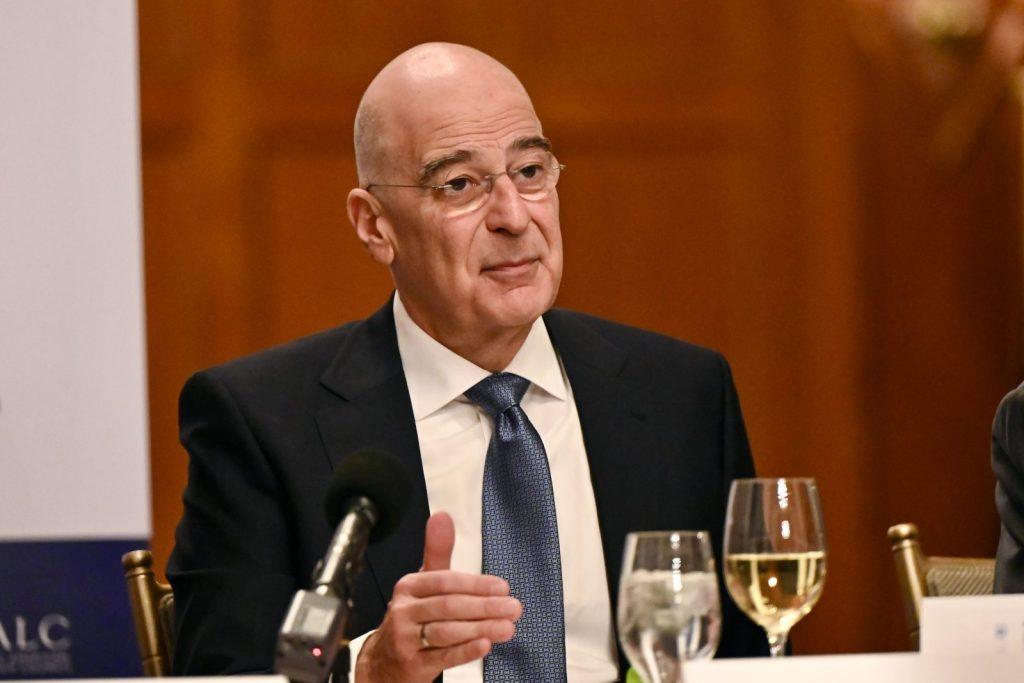









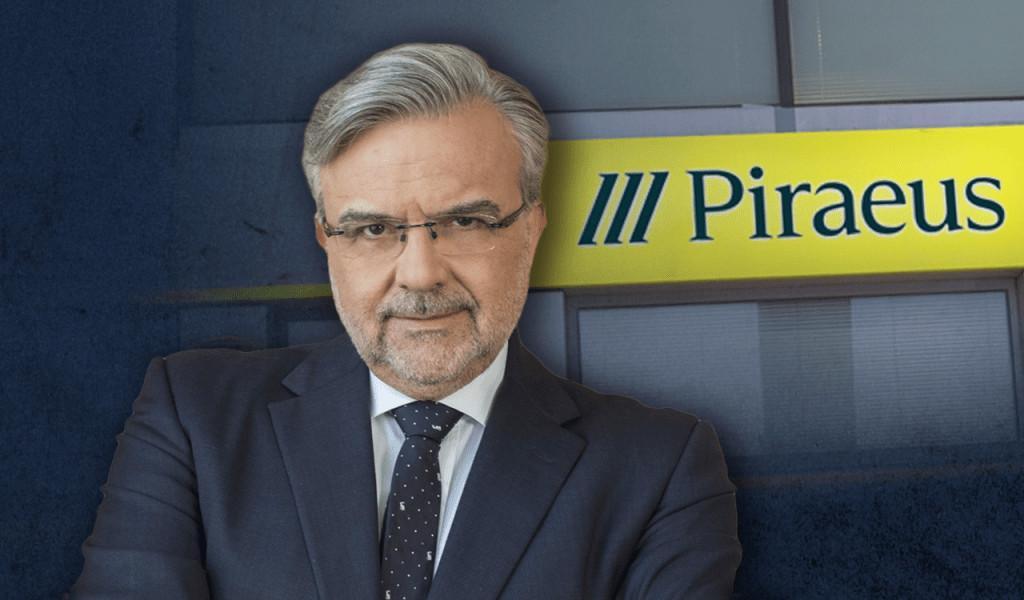






![ΔΥΠΑ: Οριακή αύξηση των εγγεγραμμένων ανέργων τον Ιανουάριο [Πίνακες]](https://www.ot.gr/wp-content/uploads/2025/12/1-dypa3-1.jpg)

